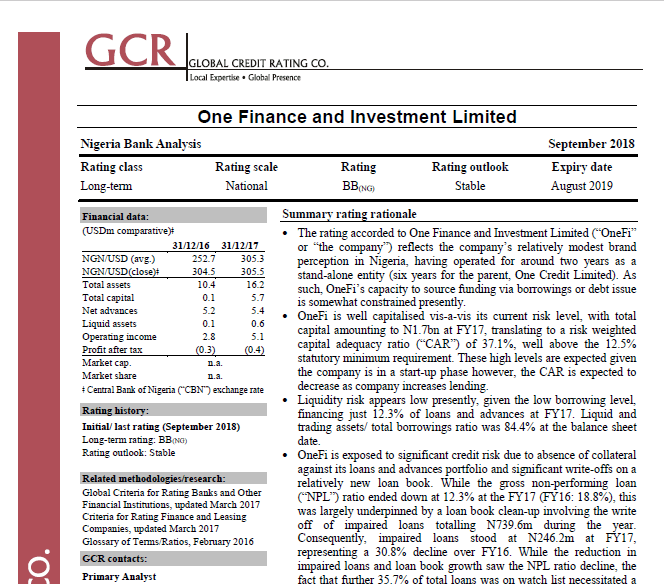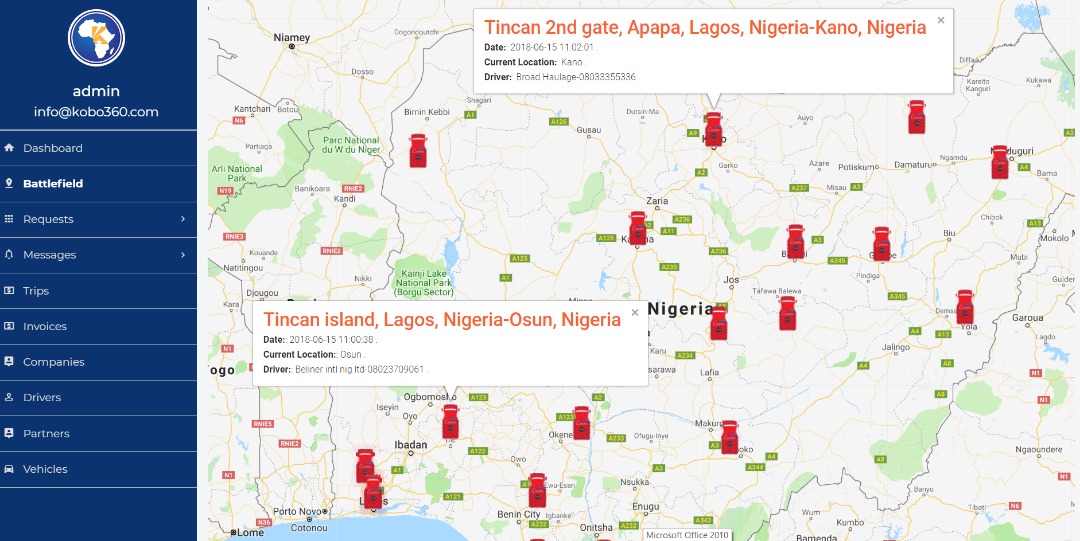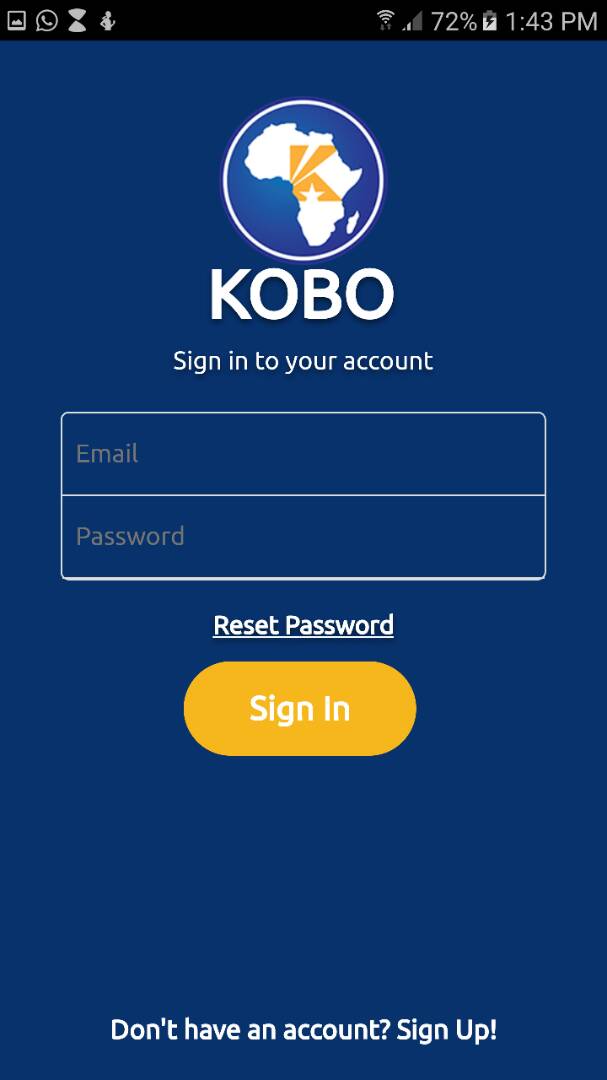The world’s food supply must double by the year 2050 to meet the demands from a growing population, according to a report from the United Nations. And as pressure mounts to find new crop land to support the growth, the world’s eyes are increasingly turning to the African continent as the next potential global breadbasket.
While Africa has 65% of the world’s remaining uncultivated arable land, according to the African Development Bank, the countries on the continent face significant obstacles as they look to boost the productivity of their agricultural industries.
On the continent, 80% of families depend on agriculture for their livelihoods, but only 4% use irrigation. Many families also lack access to reliable and affordable electricity. It’s these twin problems that Samir Ibrahim and his co-founder at SunCulture, Charlie Nichols, have spent the last eight years trying to solve.
Armed with a new financing model and purpose-built small solar power generators and water pumps, Nichols and Ibrahim, have already built a network of customers using their equipment to increase incomes by anywhere from five to ten times their previous levels by growing higher-value cash crops, cultivating more land and raising more livestock.
The company also has just closed on $14 million in funding to expand its business across Africa.
“We have to double the amount of food we have to create by 2050, and if you look at where there are enough resources to grow food and a lot of point — all signs point to Africa. You have a lot of farmers and a lot of land, and a lot of resources,” Ibrahim said.
African small farmers face two big problems as they look to increase productivity, Ibrahim said. One is access to markets, which alone is a huge source of food waste, and the other is food security because of a lack of stable growing conditions exacerbated by climate change.
As one small farmer told The Economist earlier this year, ““The rainy season is not predictable. When it is supposed to rain it doesn’t, then it all comes at once.”
Ibrahim, who graduated from New York University in 2011, had long been drawn to the African continent. His father was born in Tanzania and his mother grew up in Kenya and they eventually found their way to the U.S. But growing up, Ibrahim was told stories about East Africa.
While pursuing a business degree at NYU Ibrahim met Nichols, who had been working on large scale solar projects in the U.S., at an event for budding entrepreneurs in New York.
The two began a friendship and discussed potential business opportunities stemming from a paper Nichols had read about renewable energy applications in the agriculture industry.
After winning second place in a business plan competition sponsored by NYU, the two men decided to prove that they should have won first. They booked tickets to Kenya and tried to launch a pilot program for their business selling solar-powered water pumps and generators.
Conceptually solar water pumping systems have been around for decades. But as the costs of solar equipment and energy storage have declined the systems that leverage those components have become more accessible to a broader swath of the global population.
That timing is part of what has enabled SunCulture to succeed where other companies have stumbled. “We moved here at a time when [solar] reached grid parity in a lot of markets. It was at a time when a lot of development financiers were funding the nexus between agriculture and energy,” said Ibrahim.
Initially, the company sold its integrated energy generation and water pumping systems to the middle income farmers who hold jobs in cities like Nairobi and cultivate crops on land they own in rural areas. These “telephone farmers” were willing to spend the $5000 required to install SunCulture’s initial systems.
Now, the cost of a system is somewhere between $500 and $1000 and is more accessible for the 570 million farming households across the word — with the company’s “pay-as-you-grow” model.
It’s a spin on what’s become a popular business model for the distribution of solar systems of all types across Africa. Investors have poured nearly $1 billion into the development of off-grid solar energy and retail technology companies like M-kopa, Greenlight Planet, d.light design, ZOLA Electric, and SolarHome, according to Ibrahim. In some ways, SunCulture just extends that model to agricultural applications.
“We have had to bundle services and financing. The reason this particularly works is because our customers are increasing their incomes four or five times,” said Ibrahim. “Most of the money has been going to consuming power. This is the first time there has been productive power.”
SunCulture’s hardware consists of 300 watt solar panels and a 440 watt-hour battery system. The batteries can support up to four lights, two phones and a plug-in submersible water pump.
The company’s best selling product line can support irrigation for a two-and-a-half acre farm, Ibrahim said. “We see ourselves as an entry point for other types of appliances. We’re growing to be the largest solar company for Africa.”
With the $14 million in funding, from investors including Energy Access Ventures (EAV), Électricité de France (EDF), Acumen Capital Partners (ACP), and Dream Project Incubators (DPI), SunCulture will expand its footprint in Kenya, Ethiopia, Uganda, Zambia, Senegal, Togo, and Cote D’Ivoire, the company said.
Ekta Partners acted as the financial advisor for the deal, while CrossBoundary provided additional advisory support, including an analysis on the market opportunity and competitive landscape, under the United States Agency for International Development (USAID)’s Kenya Investment Mechanism Program.


 He and co-founder
He and co-founder 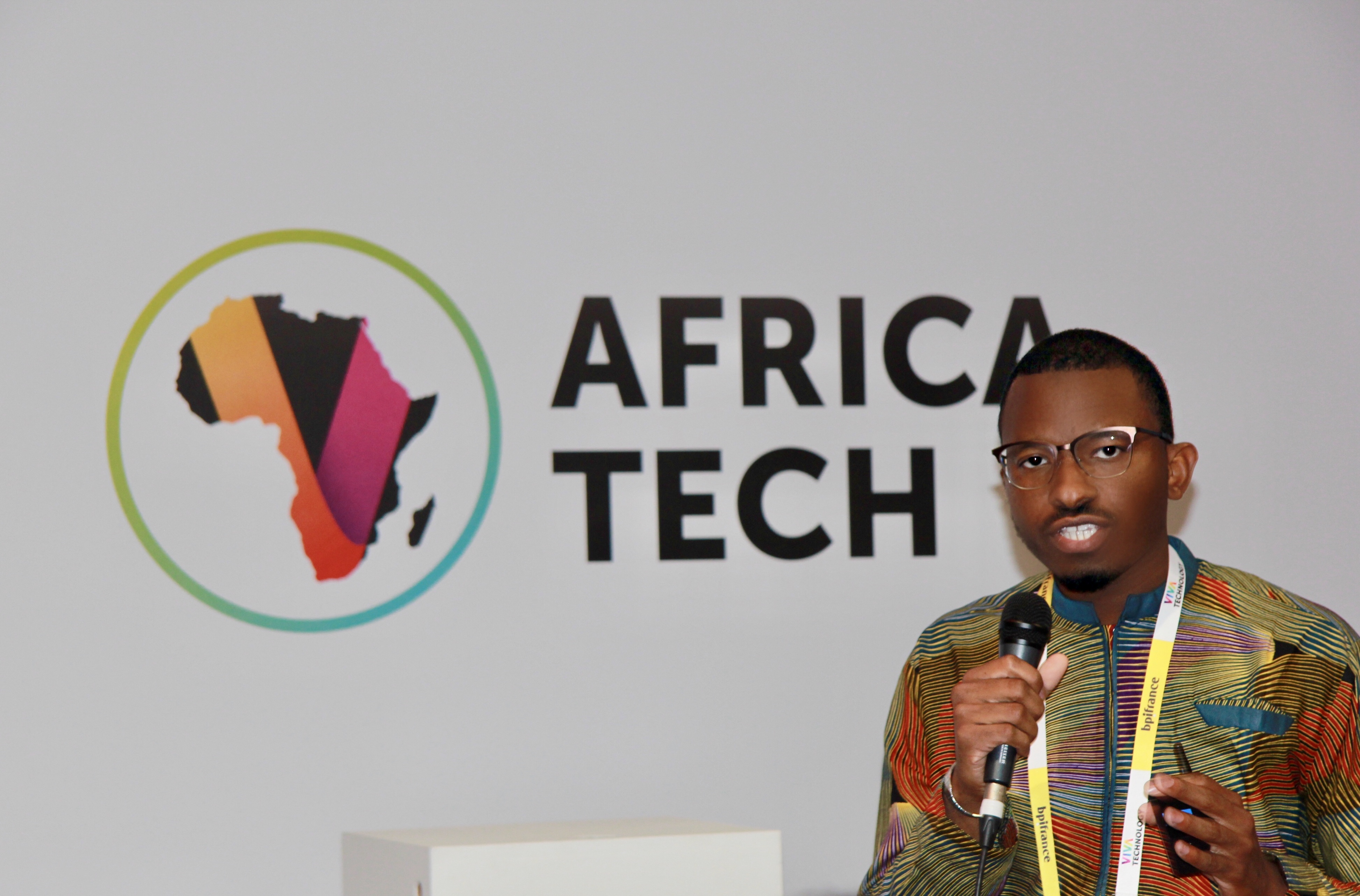

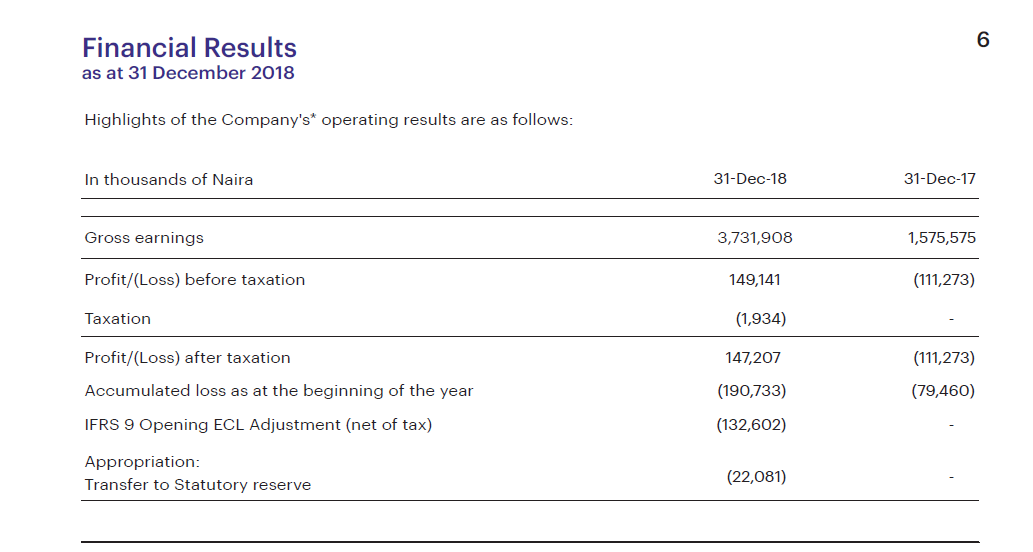
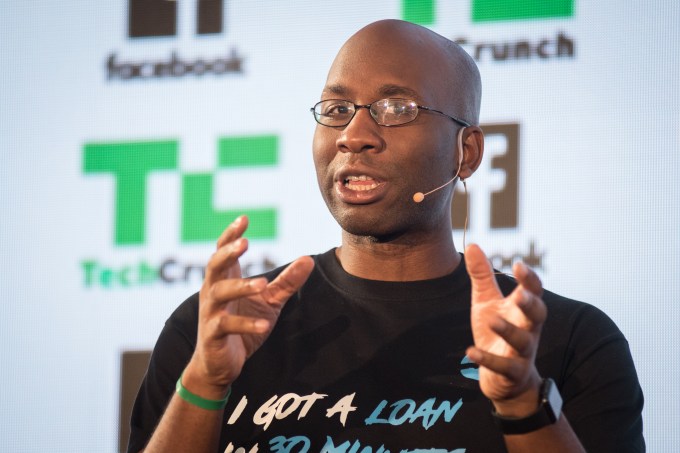 “But we don’t get considered because investors don’t really think that you can get the results or this performance in the markets that we’re in,” he added — noting that Carbon has operations in Nigeria, Ghana and South Africa and is considering expansion in Senegal, Côte d’Ivoire, DRC, and Egypt.
“But we don’t get considered because investors don’t really think that you can get the results or this performance in the markets that we’re in,” he added — noting that Carbon has operations in Nigeria, Ghana and South Africa and is considering expansion in Senegal, Côte d’Ivoire, DRC, and Egypt.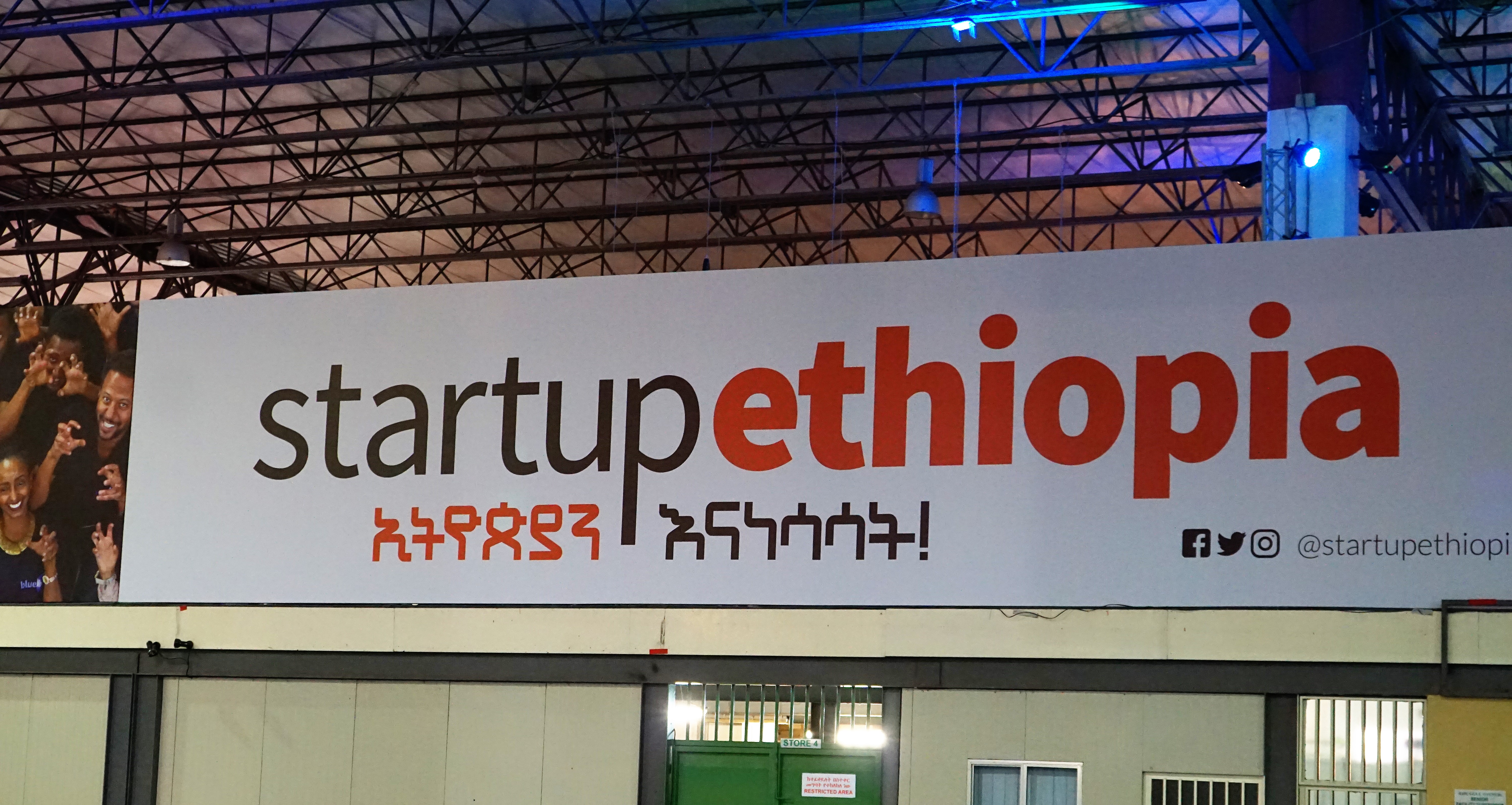 TechCrunch was on location in Addis Ababa to attend Startup Ethiopia and meet with entrepreneurs and hubs in the East African nation. The country of 105 million with
TechCrunch was on location in Addis Ababa to attend Startup Ethiopia and meet with entrepreneurs and hubs in the East African nation. The country of 105 million with 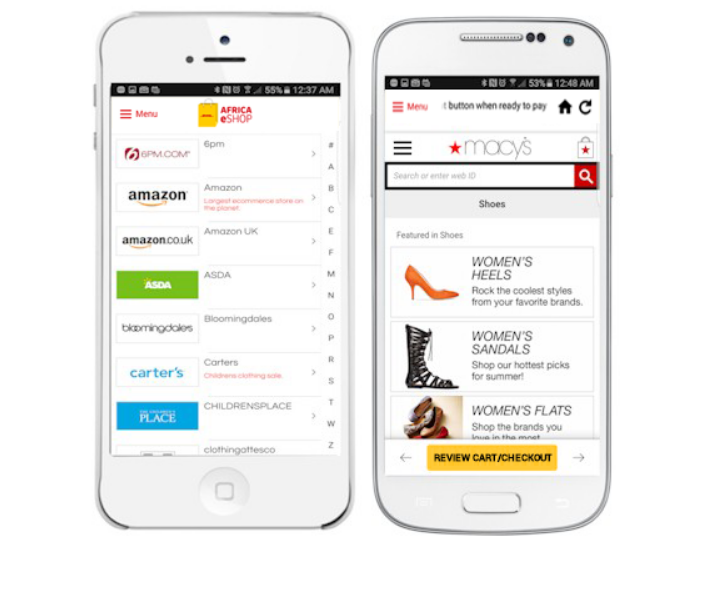 In a statement, DHL Express CEO for Sub-Saharan Africa referred to the DHL Africa eShop app as something that “provides convenience, speed, and access to connect African consumers with exciting brands.” The DHL Africa app is also intended to fill a commercial void, according to DHL, as many U.S. and UK retailers do not ship to Africa.
In a statement, DHL Express CEO for Sub-Saharan Africa referred to the DHL Africa eShop app as something that “provides convenience, speed, and access to connect African consumers with exciting brands.” The DHL Africa app is also intended to fill a commercial void, according to DHL, as many U.S. and UK retailers do not ship to Africa.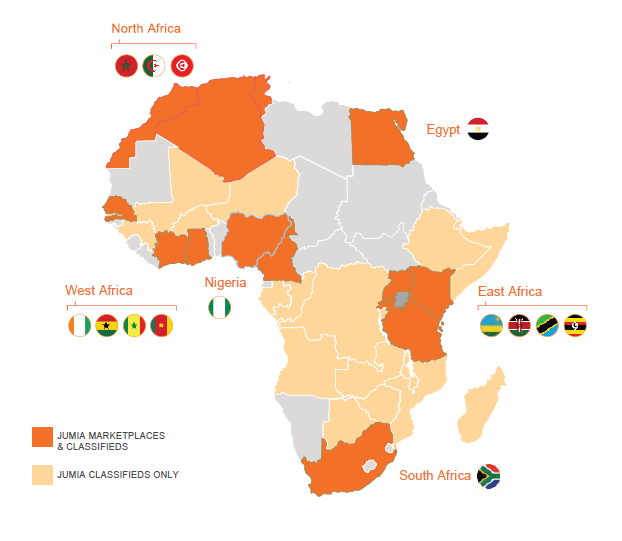

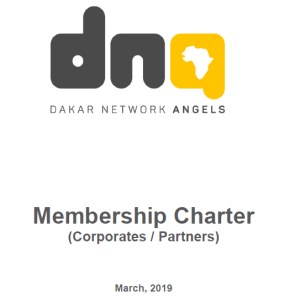
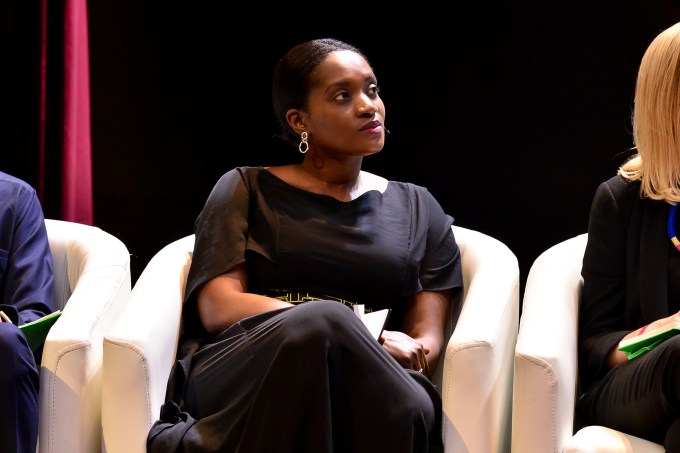 “With DNA we want to develop first an ecosystem of resources…for the francophone Africa region…that entrepreneurs can tap into for scaling. We also want to position DNA as the first investment academy that will educate…on…methods for investing, mentoring, conducting due diligence, and creating more value across that ecosystem,” said Diop, who
“With DNA we want to develop first an ecosystem of resources…for the francophone Africa region…that entrepreneurs can tap into for scaling. We also want to position DNA as the first investment academy that will educate…on…methods for investing, mentoring, conducting due diligence, and creating more value across that ecosystem,” said Diop, who 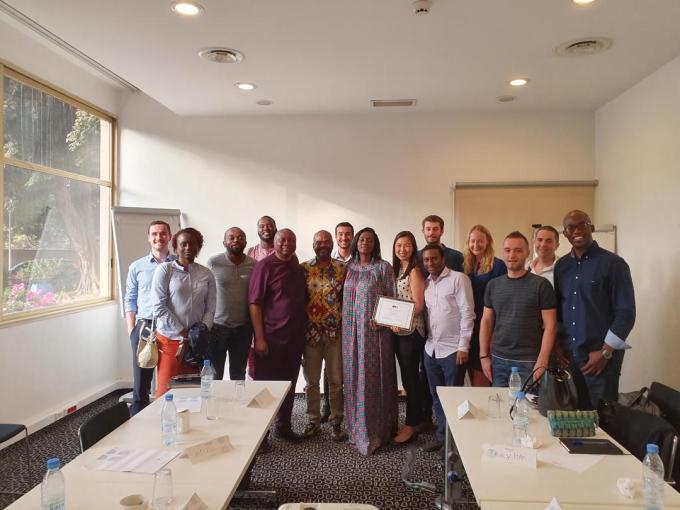 DNA aims to expand in investment size and scope in coming years. After building the angel network and its experience, DNA will look to invest in more mature companies. On a future fund size, “We’ve discussed $5 million as our first target,” said Diop.
DNA aims to expand in investment size and scope in coming years. After building the angel network and its experience, DNA will look to invest in more mature companies. On a future fund size, “We’ve discussed $5 million as our first target,” said Diop.